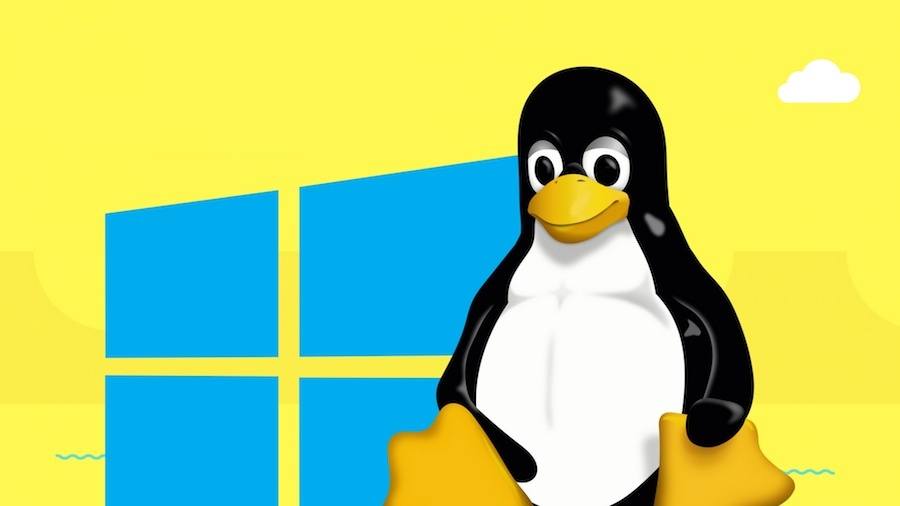On Fossbytes, we keep covering different developments that have the power to change the course of open source software evolution and adoption of the Linux operating system. Microsoft’s love affair with Linux is a continuous development that keeps drawing the attention of open source enthusiasts who are skeptical of Redmond’s intentions.
If we ignore the “Embrace, extend, and extinguish” conspiracy for a moment, Microsoft has done some ground-breaking work when it comes to starting new Linux projects and open sourcing its components. The latest Build 2019 Developer Conference also witnessed something surprising. During its WSL 2 announcement, Microsoft made clear that the company will be shipping a full, real Linux kernel with Windows 10. The company already ships one with Azure Sphere, but it’s a first for Windows OS.
Until now, with the first iteration of WSL, the users installed Linux binaries and Windows 10 used emulation architecture for running Bash on Ubuntu on Windows. By shipping the open source Linux kernel out-of-the-box, the WSL performance will surely improve.
It’s worth noting that users will still need to go and grab their favorite Linux distro from the Windows Store and use them as an interface to get their hands on Linux goodies.
Talking specifically about the kernel, Microsoft will initially ship Linux 4.19, which is the latest LTS release. With time, the company plans to keep rebasing the kernel to the new LTS release to keep things fresh.
To make sure that Linux kernel works perfectly in conjunction with Windows, Microsoft is also applying some custom patches to improve the launch times, reducing RAM, etc. The resultant tweaked kernel will also be open source and the developers will be able to download the Microsoft-customized kernel from GitHub to create their own WSL kernels.
In its announcement post, Microsoft has also reiterated its commitment to Linux. The company has said that it employs many leading Linux contributors who make sure that all the changes go upstream and benefit the whole open source community.
More from Build 2019:










